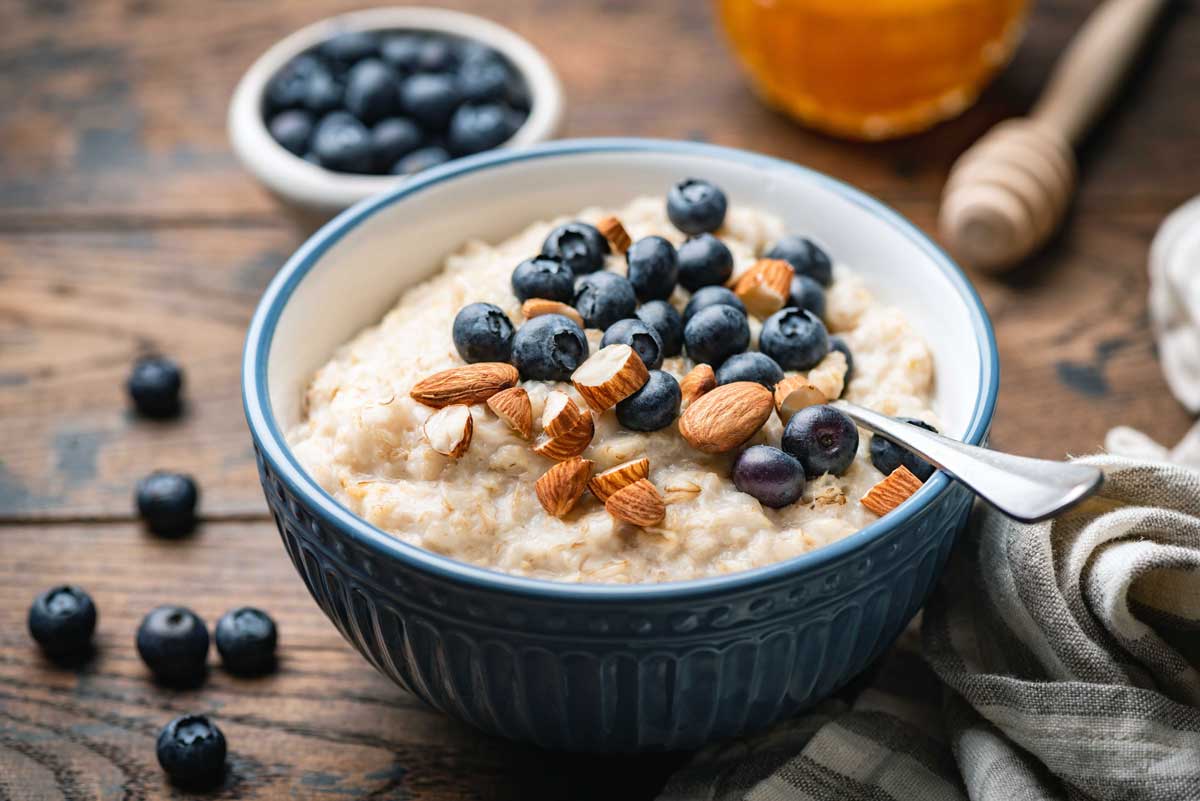
Baking soda, or sodium bicarbonate, is a common household ingredient gaining attention in weight loss discussions. Many claim it can help with fat burning or digestion, but the truth is more nuanced. While baking soda has verified health benefits for digestion and pH balance, there’s limited scientific evidence that it directly promotes weight loss. This guide explores how it works, safe practices, and the myths behind this trending remedy.
What is baking soda and how does it work?
Baking soda is a natural compound known for its alkalizing properties and ability to neutralize stomach acid. It’s widely used in cooking, cleaning, and personal care routines. According to Healthline, sodium bicarbonate helps manage acid reflux, relieve indigestion, and improve exercise performance in some athletes due to its pH buffering capacity.
– pH balance: Baking soda can temporarily reduce stomach acidity, easing bloating or discomfort.
– Exercise support: Some studies suggest it delays muscle fatigue during high-intensity workouts.
– Detoxification claim: Many use it in detox drinks with lemon or apple cider vinegar, though evidence is limited.
Does baking soda help with weight loss?
Despite viral claims, there’s no conclusive research proving that baking soda directly burns fat or causes weight loss. As explained by Medical News Today, the compound doesn’t influence metabolism or fat oxidation. However, it can support other processes that indirectly aid a weight loss routine:
– Improved digestion: When used correctly, it may relieve bloating or gas, making you feel lighter.
– Exercise endurance: As a pH buffer, baking soda may allow longer workout sessions for calorie burning.
– Reduced appetite: Drinking baking soda with water might temporarily suppress appetite due to mild alkalinity.
– Hydration aid: Adding a pinch to water can help balance electrolytes, especially after workouts.
Popular ways people use baking soda for weight loss
Though not scientifically verified, several popular home remedies circulate online. Always consult a doctor before trying these approaches, especially if you have heart, kidney, or digestive conditions.
– Baking soda and water: Mix ½ teaspoon in a glass of warm water and drink on an empty stomach once daily. This may reduce acidity and support digestion.
– Baking soda and lemon: Combine lemon juice, water, and a small amount of baking soda to create a mildly alkaline drink. According to WebMD, lemon water promotes hydration but doesn’t directly cause weight loss.
– Baking soda and apple cider vinegar: This trending mix may support digestion but should be used sparingly due to acidity and gas release.
– Baking soda bath: Some believe soaking in baking soda baths detoxifies the body, though benefits are anecdotal.
– Baking soda with green tea: Mixing a small pinch into tea may help offset acidity and improve taste during detox routines.
Potential risks and precautions
Using baking soda in excess can cause serious health issues. The National Center for Biotechnology Information (NCBI) warns that overuse can lead to metabolic alkalosis, electrolyte imbalance, and gastrointestinal distress. Common side effects include nausea, bloating, and increased thirst.
– High sodium intake: Each teaspoon contains about 1,200 mg of sodium, which may raise blood pressure.
– Digestive irritation: Overuse may cause cramping or diarrhea.
– Medication interference: Baking soda can alter how certain drugs are absorbed, including antibiotics and heart medications.
– Unsafe for daily use: It should not replace medical weight loss treatments or balanced diets.
Safe use guidelines
Experts recommend moderation when using baking soda for any health purpose. As outlined by Mayo Clinic, adults can safely consume small amounts occasionally for acid relief but not as a regular supplement.
– Dosage: Do not exceed ½ teaspoon per day dissolved in water.
– Timing: Consume at least 2 hours apart from other medications.
– Hydration: Always follow with plenty of water to prevent dehydration.
– Duration: Limit use to short periods; long-term ingestion can harm kidneys.
– Consultation: Always speak with a healthcare provider before incorporating baking soda drinks into your diet.
Healthy alternatives for sustainable weight loss
While baking soda may support digestion, true weight management requires consistent healthy habits. According to the Centers for Disease Control and Prevention (CDC), gradual and sustainable weight loss depends on calorie control, balanced nutrition, and physical activity.
– Balanced diet: Focus on lean proteins, vegetables, and whole grains.
– Exercise regularly: Aim for at least 150 minutes of moderate activity per week.
– Stay hydrated: Drinking water before meals can reduce hunger.
– Sleep well: Poor sleep affects hormones that regulate appetite.
– Monitor sodium intake: Too much salt causes water retention, often mistaken for weight gain.
Final thoughts
Baking soda can offer certain digestive and performance benefits, but it’s not a magic weight loss solution. When used safely and occasionally, it may support a healthy lifestyle—but overuse can cause serious health risks. Instead of relying on shortcuts, focus on sustainable strategies like diet, exercise, and hydration. Always consult a healthcare professional before using baking soda as part of any weight loss regimen.



